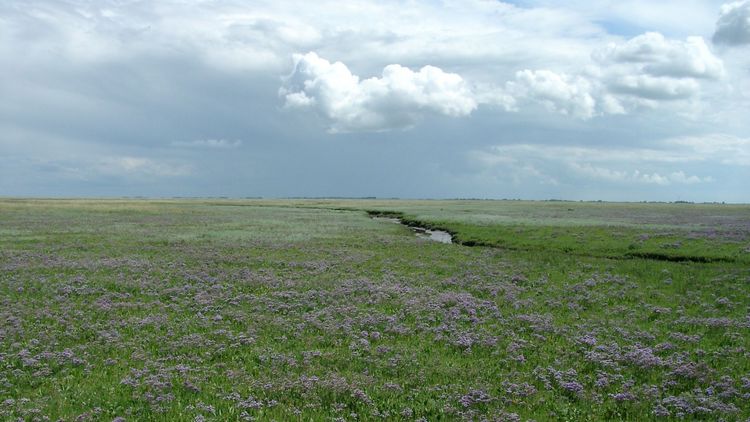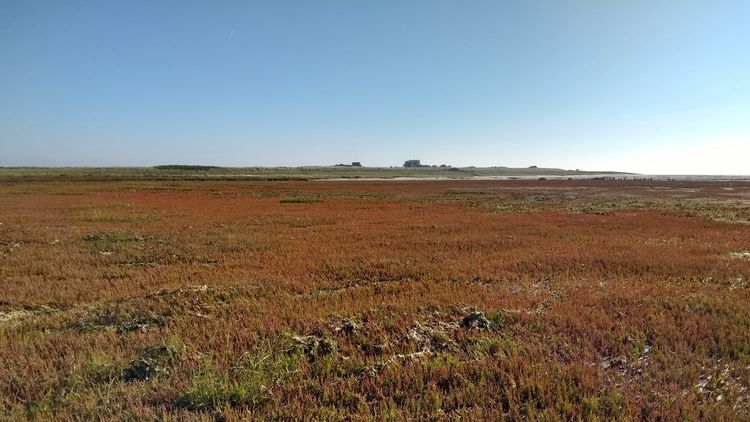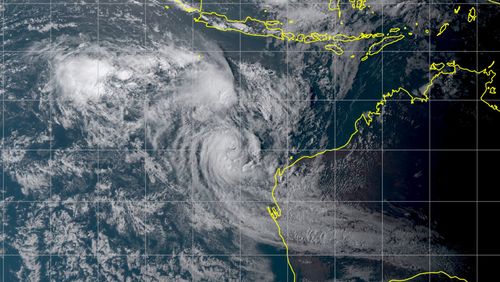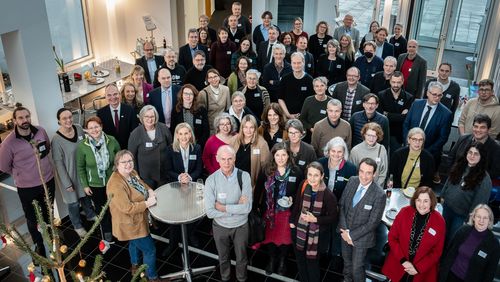Coastal ecosystems naturally store carbon. But how can this potential be improved? A new joint project has recently started investigating this question.
Coastal ecosystems, such as seagrass beds, salt marshes, mangrove forests, or kelp forests, absorb huge amounts of carbon dioxide (CO2) from the atmosphere. The storage of this so-called "blue carbon" is one of the most important services provided by coastal ecosystems. To improve the natural potential for carbon storage in vegetation-rich coastal ecosystems by developing innovative and socially accepted approaches is the goal of the new research consortium sea4soCiety. The partnership, under participation of researchers of the University of Oldenburg, amongst others, is coordinated by the Leibniz Centre for Tropical Marine Research (ZMT) in Bremen. Germany’s Federal Ministry of Education and Research (BMBF) is funding the consortium with 5.3 million euros as part of the first research mission “Marine carbon sinks in decarbonization pathways” – in short: CDRmare – of the German Marine Research Alliance (DAM).
Background of the project: In recent decades, urbanisation, erosion, or pollution have increasingly damaged many ecosystems in coastal regions worldwide. Consequently, the global capacity to compensate for CO2 emissions by storing "blue carbon" in coastal ecosystems has also declined. “We need concrete measures to counteract this trend so that coastal ecosystems can continue to contribute to climate change mitigation,” explains coordinator Prof. Dr Martin Zimmer from the ZMT. The researchers are planning to quantify the storage capacity of "blue carbon" in four different coastal ecosystems: the coastal regions of North Sea and Baltic Sea as well as those of the Caribbean and the Indonesian Sea.
The University of Oldenburg participates with its research group Marine Geochemistry around Prof. Dr Thorsten Dittmar and Dr Michael Seidel from the Institute for Chemistry and Biology of the Marine Environment (ICBM). Together with their colleagues Dr Manuel Liebke from the Max Planck Institute for Marine Microbiology in Bremen, Prof. Dr Jan-Hendrik Hehemann and Prof. Dr Kai Bischof, both University of Bremen, as well as coordinating scientist Zimmer, they want to investigate the composition of the organic compounds in the different coastal ecosystems, their origin as well as their degradation stability. Moreover, the researchers want to elucidate the carbon storage potential of the four different coastal regions.
The team aims at a high resolution molecular characterisation of the different organic compounds involved. In doing so, the scientists will investigate dissolved as well as particulate organic matter, taking into account that hardly biodegradable dissolved organic compounds form one of the most important carbon sinks on earth: the invisible mixture in the sea water is sequestering more carbon than the whole terrestrial vegetation. Main goal of the sub-project with the participation of ICBM is to identify the sites of formation of the hardly biodegradable compounds and which processes contribute to their large-scale spatial accumulation.
Sea4soCiety is one of six research networks covered by CDRmare. It comprises about 40 scientists of nine northern German universities and research institutions.
In the research mission CDRmare, about 200 scientists in six collaborative research consortia are investigating, how and to what extent the ocean can play a sustainable role in the removal and storage of carbon dioxide from the atmosphere. The long-term goal is to develop a roadmap for the active use of marine carbon sinks in order to contribute to the mitigation of the impacts of anthropogenic climate change and to help achieve the Paris climate goals. CDRmare (CDR = Carbon Dioxide Removal) is coordinated at the GEOMAR Helmholtz Centre for Ocean Research Kiel and the Leibniz Institute for Baltic Sea Research Warnemünde. Germany's Federal Ministry of Education and Research is funding the research mission with 27 million euros over an initial phase of three years.
The German Marine Research Alliance and its 22 member institutions develop solutions-oriented knowledge and potential courses of action for the sustainable use of coasts, seas and oceans.
Source: Leibniz Centre for Tropical Marine Research, Bremen







